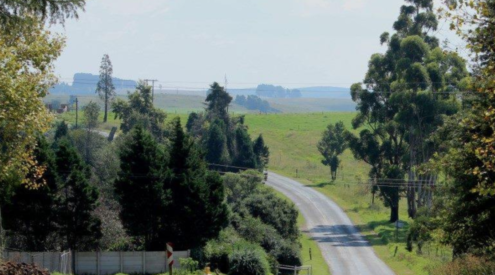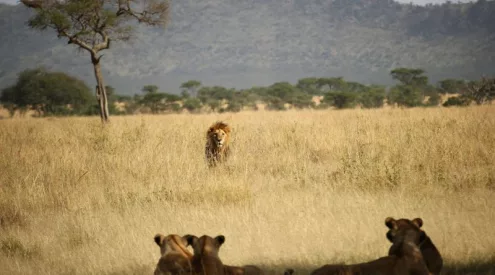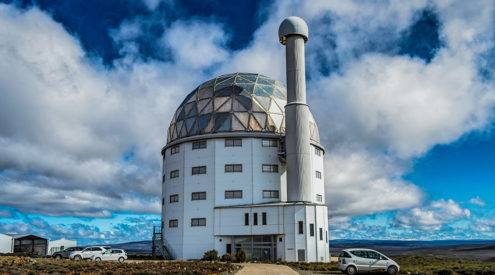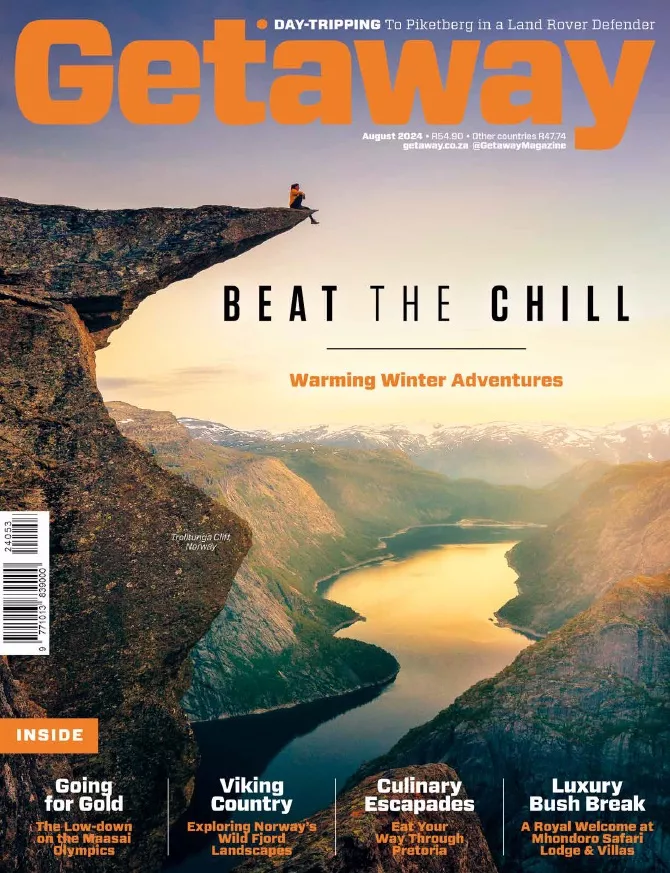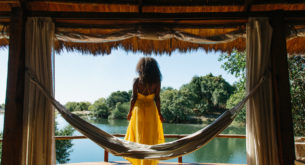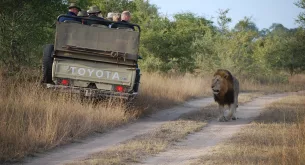There comes a time for every nature lover when you go on your first safari, but prepping can seem a bit daunting – which is exactly why we put together this beginner’s guide to going on safari.
From choosing the right time to go to deciding between self-driving and guided tours, understanding game drive etiquette, and packing smartly, here are valuable tips to enhance your safari experience.
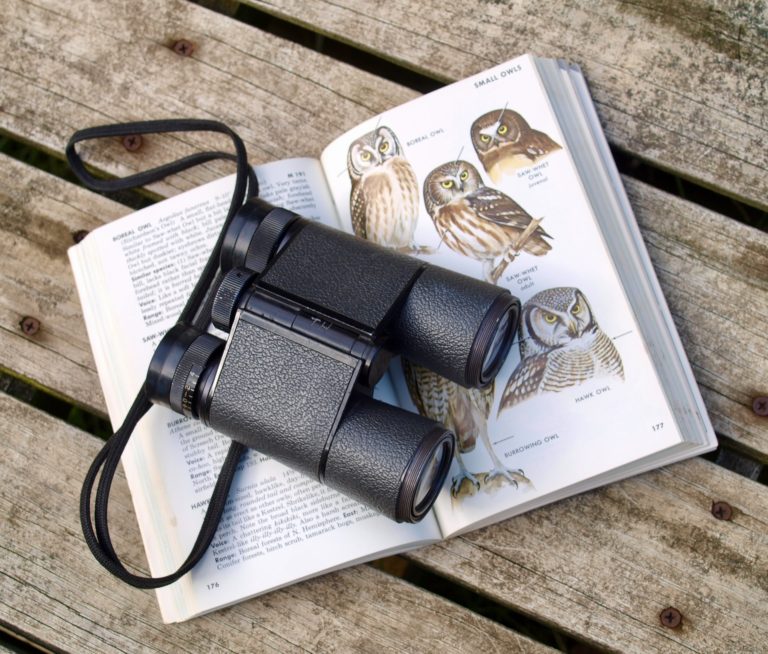
1. Know When to Go
The timing of your safari can significantly impact the wildlife sightings and overall experience. Consider the following factors when choosing the best time to go on your first safari:
Read: A first-time visitors’ guide to Kruger National Park
- Weather and Seasons: Research the climate and seasons of the safari destination. In some regions, wildlife viewing is better during dry seasons when animals gather around waterholes. Kruger is a year-round destination but the dry winter months, from April to end October, are best for game viewing. Mid-summer can be very hot.
- Migration Patterns: If witnessing the iconic wildlife migration is on your bucket list, find out the migration routes and plan your safari accordingly.
- Animal Activity: Different animals may be more active at certain times of the day or year. Early mornings and late afternoons are often prime viewing times.
- Tourist Seasons: Be mindful of peak tourist seasons as they may result in crowded game reserves. Consider shoulder seasons for a more exclusive experience.
2. Self-Drive or Guided Tour
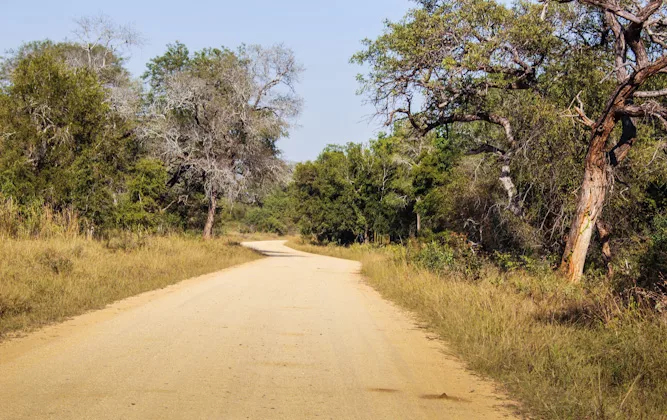
Deciding between a self-drive safari and a guided tour is crucial for your safari adventure. Each option offers unique advantages, and your choice will depend on your comfort level and preferences:
- Self-Drive Safari: Opting for a self-drive safari gives you greater freedom and flexibility. You can explore at your own pace, stay longer at sightings, and choose your routes. However, self-driving requires thorough planning, knowledge of the area, and a sense of adventure. If you decide to self-drive, be sure to check out our tips for self-driving Kruger which can be applied to most self-drive safris.
Read: Kruger National Park’s 10 best self-drives
- Guided Safari Tour: Joining a guided safari tour offers professional expertise, knowledgeable guides, and well-organized itineraries. Guided tours take care of logistics, ensuring a hassle-free experience. This option is ideal for first-time safari-goers seeking guidance and a structured adventure.
3. Game Drive Etiquette

Respecting wildlife and fellow travellers is crucial during game drives to ensure a positive and sustainable safari experience:
- Stay in Vehicles: Always remain in your vehicle, unless guided by an experienced ranger. Animals may perceive humans on foot as threats.
- Quiet Observation: Keep noise levels low to avoid disturbing wildlife and other visitors. Enjoy the serene atmosphere and listen to the sounds of the wilderness.
- Avoid Crowding: Be patient and share wildlife sightings with other safari-goers. Avoid overcrowding animals, as it can cause stress to them.
- Photography Etiquette: When taking photos, use a silent mode or turn off the flash to avoid startling animals. Respect photography rules and guidelines set by the tour operator.
Read: Game drive etiquette: Rules you need to know before going to the Kruger
4. What to Pack
Packing wisely can enhance your comfort and convenience during the safari:
- Clothing: Pack lightweight, neutral-coloured clothing suitable for warm days and cool evenings. Long-sleeved shirts and pants as the temperature can drop pretty quickly once the sun goes down.
- Footwear: Comfortable closed-toe shoes or boots are essential for walking safaris and game drives.
- Binoculars and Camera: Bring binoculars to observe animals from a distance, and don’t forget your camera to capture those breathtaking moments.
- Sun Protection: Pack sunscreen, sunglasses, and a wide-brimmed hat to shield yourself from the sun.
- Insect Repellent: Keep insect repellent with DEET to protect against insect bites.
- Medical Kit: Carry a basic medical kit with essential medications and first aid supplies.
- Reusable Water Bottle: Stay hydrated with a reusable water bottle, and avoid single-use plastic.
Read: 5 essentials to pack for a 4×4 trip in Kruger
Follow us on social media for more travel news, inspiration, and guides. You can also tag us to be featured.
TikTok | Instagram | Facebook | Twitter
ALSO READ: The best walking trails in Kruger




